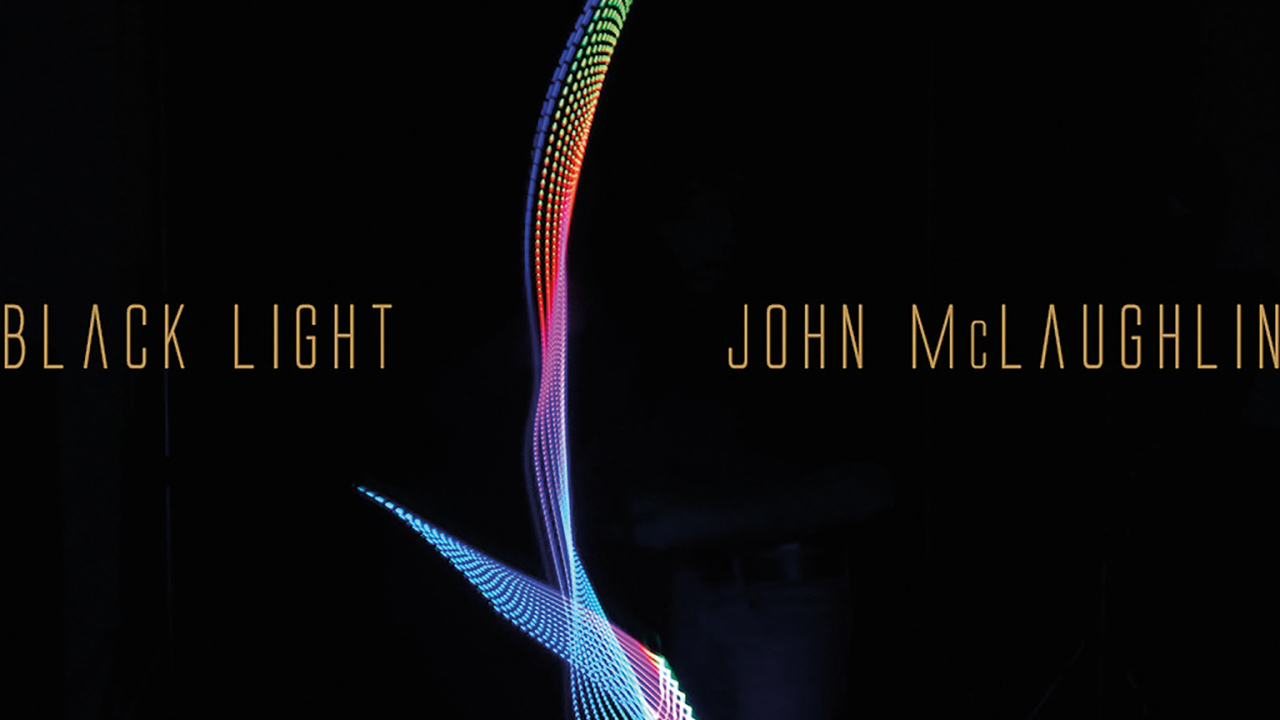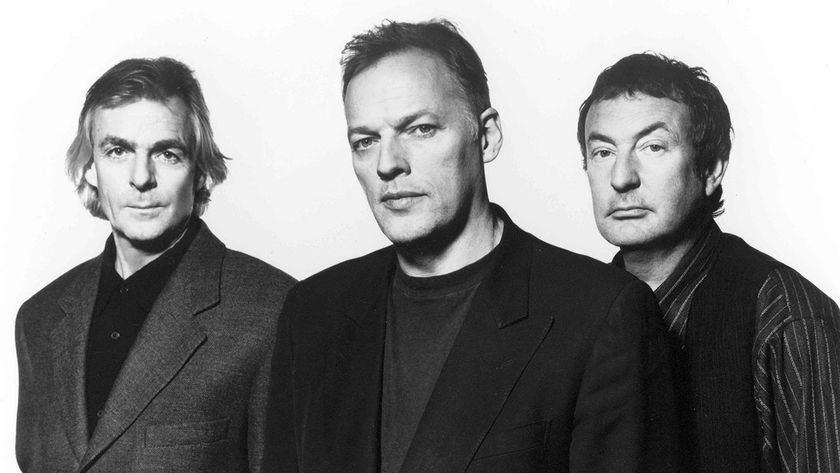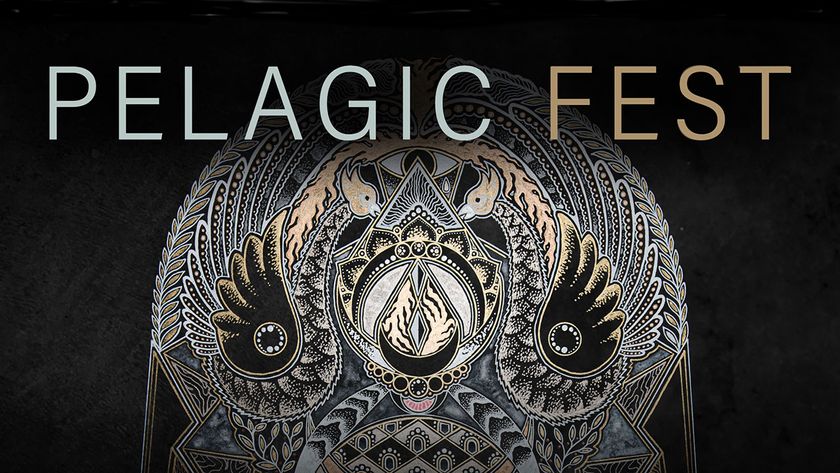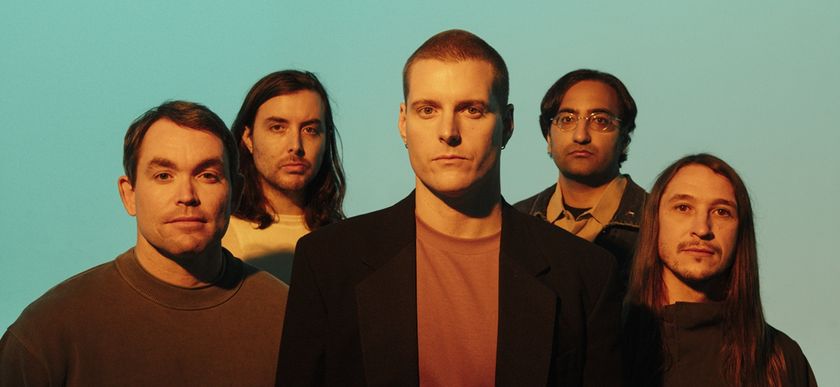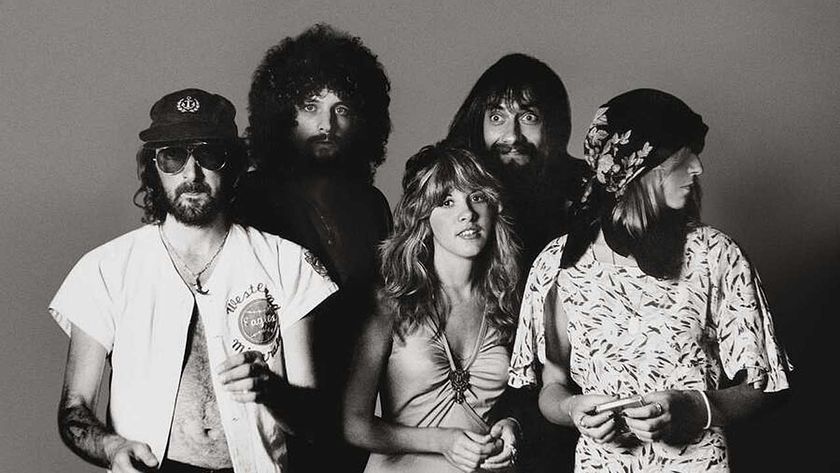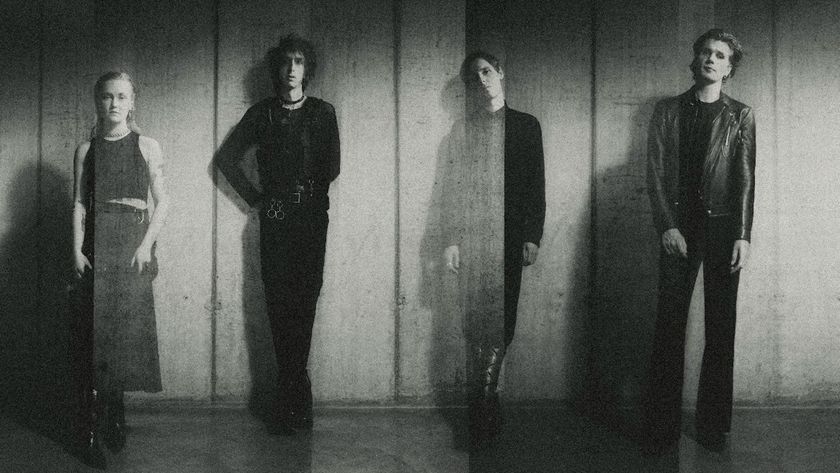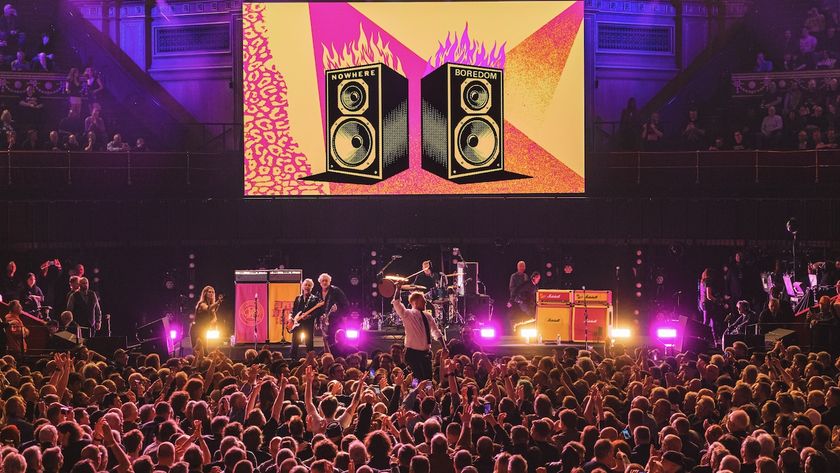With the veteran guitarist declaring this to be the best band he’s been in since the heady days of the Mahavishnu Orchestra, the latest release featuring Gary Husband (keyboards), Etienne M’Bappe (bass) and Ranjit Barot (drums) proves that this is no idle boast. This particular incarnation of The 4th Dimension band has been working together for three and a half years, and it shows.
Here, within some scorching material, their interplay and on-the-fly dovetailing is honed to such a level as to be reasonable evidence of mental telepathy. McLaughlin’s fabled guitar work is clearly the main focus, Husband’s keyboards, especially his lyrical piano, offer both extra colour, textural support and terrific counterpoint that skips across the turbulent upsurge of Barot’s resourceful drumming.
Within a series of some of McLaughlin’s most exquisite and impressively robust compositions for some years, their trademark ebullience and joy contained is obvious and completely upfront. In some instances the pieces pay homage to musical comrades he’s lost in recent times. The waspish El Hombre Que Sabia was written for Flamenco virtuoso Paco De Lucia, who died in 2014, and with whom McLaughlin had frequently shared a stage with over the years.
The interplay here hints at mental telepathy.
The rippling, synth-driven Here Come The Jiis honours U.Srinivas, his long-time colleague in Shakti Remembered who also passed away last year. Yet these tunes are far from maudlin or introspective. This latter bristles with a potent, celebratory energy which any long-term Mahavishnu fan will instantly recognise. As the principle theme subsides and McLaughlin takes off on his first ecstatic flight of the album, M’Bappe underscores the soloing by quoting the surging bass-line from It’s About That Time, a knowing reference to McLaughlin’s 1969 debut with Miles Davis. It’s an off-the-cuff inclusion that adds extra context via a knowing reference and, more importantly, provides extra acceleration under a track already headed for the stratosphere.
On this outing his guitar tone sounds leaner and meaner than the overly rich phat-synth setting that occasionally appeared to mask the edges of his customary precision. Thus unfettered, his lines here are devastating and blended with a noticeably bluesy truculence. Brimming with bags of ornery attitude that would put to shame many a young-buck gunslinger.
The music of Black Light is, at its heart, dealing with engagement and commitment. At the age of 73 McLaughlin shows zero tolerance for any coasting or resting on his laurels.
